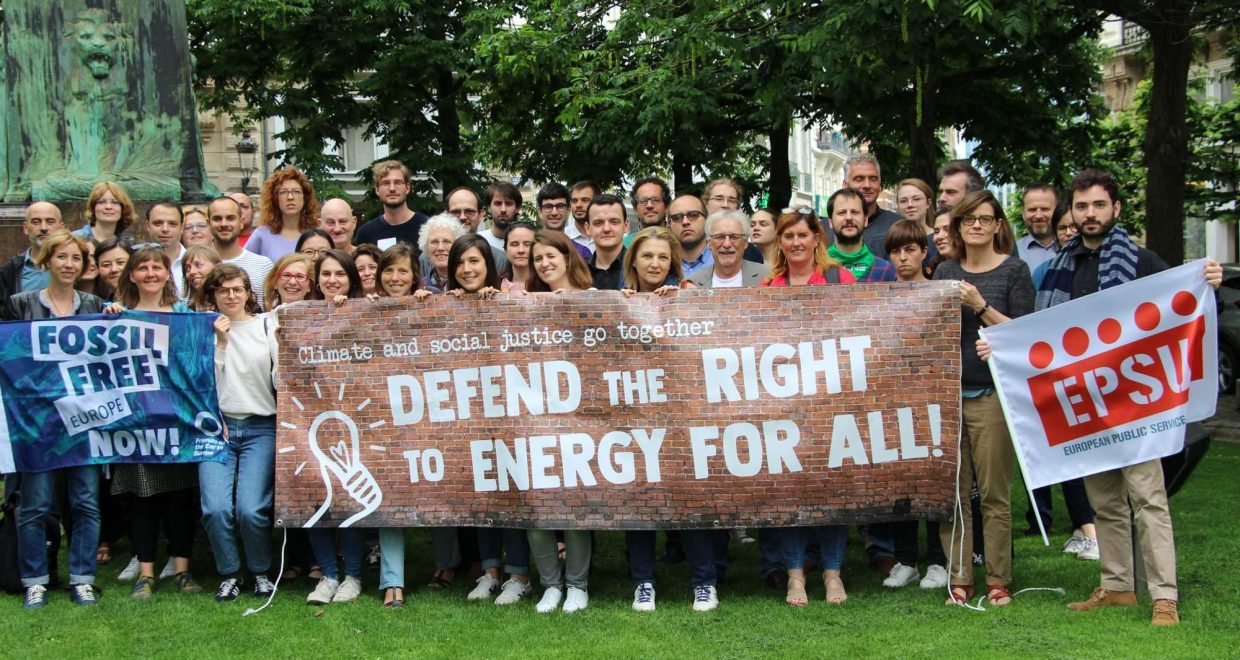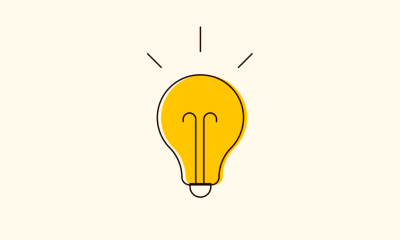News / 15.12.20
Housing Europe’s key highlights of our Right to Energy Forum 2020

Original post from Housing Europe here
Empowering citizens with a ‘Right to Energy’
European countries’ plans and visions to cope with energy poverty
The Right to Energy Forum – an online conference bringing together those who fight energy poverty across Europe – was held in the first days of December. Over 1000 people attended 15 sessions where over 62 policy makers, academics, national experts and community activists came together to share comprehensive solutions tackling energy poverty on European, national and local level. Housing Europe guides you through the highlights from these 3 days.
In the wake of climate change and the warming planet, energy poverty is a new challenge in Europe which has created social, environmental and economic issues. A high number of households whose monthly budget is tight think twice before turning on the heating and live in homes that are inadequate. In the meantime, the COVID-19 crisis has exacerbated this issue more and more. As Félix Mailleux, an advisor from the European Trade Union Confederation said: “when we talk about energy poverty we do not talk about something affecting a few people”. He added that one out of four households in Europe cannot afford to adequately heat, cool or light their homes which present around 15 million individuals in Europe. Estimates show that around 80 million people in Europe are late or unable to pay their utility bills, with Eastern and Southern European countries experiencing high levels of energy poverty.
The aim of the Right to Energy coalition has been to detach people and the planet from the energy system’s profits. Therefore, each of the members in this campaign have come to the stage to, for example, ban disconnections, mitigate household energy poverty by performing free of charge renovations for the most vulnerable and making efficient housing for all by renovation efforts, as well as supplying a minimum amount of energy for all. This ambition has oriented the coalition members to work on a fundamental research on “Who pays” for the energy transition. On this subject, coalition members from Belgium presented explicit overviews in their regions. As an example, Stanislas D’herbemont, the project manager of ResCoop, illustrated with concrete examples of how access to energy at a fair price has been made possible in Flanders, Belgium.
Speaking about the opportunities and complexities in Eastern Europe, Mincho Benov from Habitat Bulgaria said that more than one-fifth of the population lives below the poverty line and nearly one-third is at risk of poverty and social exclusion. At the same time, from 2008 until 2018, local energy prices have been increasing gradually. Benov also highlighted key facts echoing the findings of Housing Europe’s flagship report “The State of Housing in the EU” – a very large percent, 43% of the households live in overcrowded homes, 39% struggle with keeping their homes warm in the rather cold winter in the country and about one half responded that they don’t cool off their places. “At the end, 50% of people we can say are at the risk of energy poverty,” Habitat Bulgaria’s Director concluded.
Hungarian households seem to have been coping better with the energy poverty phenomenon. Anna Zsofia, a representative from the ENGAGER Cost Action Network, reported that while energy bills have been felt less as a burden by people in the past 7 years, 22% of the population and 30% of the single parents with children continue to live in a dwelling with leaking roof, damp walls, floors or rotten window frames.
The Western part of Europe has also been confronted with the challenge. “In the UK, after COVID, the definition of vulnerability has been completely changed. People have found that it is not binary. It’s not either you are vulnerable or not, some people that you never think of being vulnerable are turning up needing help,” Ruth London from Fuel Poverty Action said. She also added that the problem was already existing before the hit of the global health pandemic, with over 10,000 people in the UK losing their lives because of fuel poverty every year.
Our partner FEANTSA, the organisation working on the prevention of homelessness, stressed that actions to face these challenges have not been missing. Clotilde Clark-Foulquier, project manager at FEANTSA, presented our common project – the Housing Solutions Platform – providing expertise and practice-driven ideas for more affordable housing in Europe.
More solutions to energy poverty in the most impacted countries are on their way. The energy-poor support programme – funded by Horizon 2020 and in which Housing Europe plays a key role – POWERPOOR is one of them. The project supports schemes for energy poor citizens and encourages the use of alternative financing schemes.
During the 9th session of the webinar, Miljenka Kuhar from POWERPOOR’s partner in Croatia, DRUSTVO ZA OBLIKOVANJE ODRZIVOG RAZVOJA (DOOR) focused on eradicating energy poverty through National Energy and Climate Plans. She illustrated that in 2018, around 7.7% of citizens were unable to heat their homes properly. In 2017, around 17.5% of citizens were unable to pay their utility bills on time. For comparison, in the same year, the EU average was 6.6%. To combat the energy poverty and support POWERPOOR, DOOR as another partner has taken a part to engage energy-poor citizens in joint energy initiatives. This considerable action facilitates behaviour change and the implementation of energy efficiency measures by energy-poor citizens. To do this, a detailed engagement process will be established and POWERPOOR will organise citizen engagement campaigns targeting groups of consumers in energy-poor communities.
This 3-year initiative is an extraordinary journey for the Federation towards less energy poverty and empowerment of people, including households living in social, public or cooperative housing, as well as an opportunity to draw energy poverty policy roadmaps for 8 EU countries.
More News

News / 26.02.25

